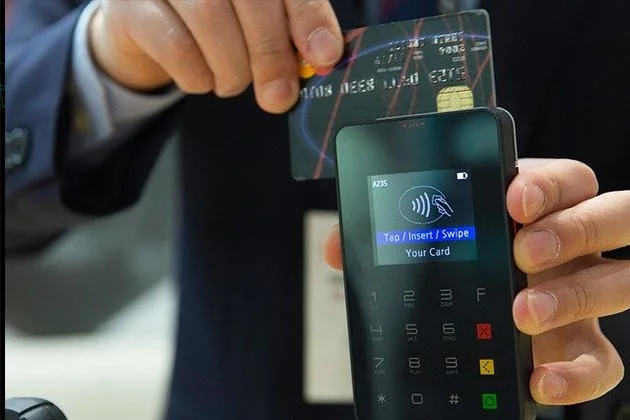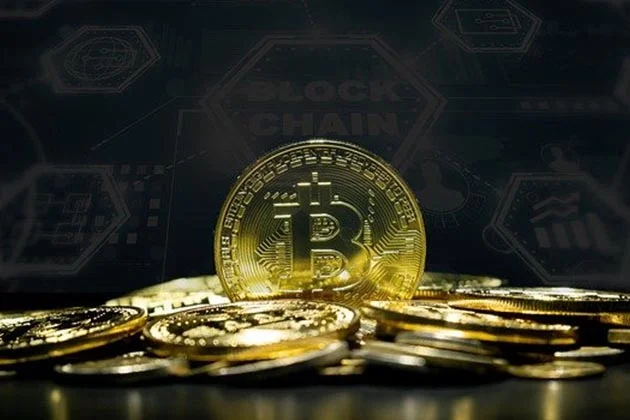The electronic money laws in different countries can vary a lot. In this article, you will learn about electronic money laws in different countries. By the end of this post, you should have a better understanding of how electronic money works around the world and explore Money transfer companies.
How Lithuania Handled This Law?
This law in Lithuania is very similar to the laws in most European countries. Lithuania did not have electronic money before, however, they had legislation that allowed electronic contracts and electronic signatures. This was used for Bitcoin transactions since it allows cryptocurrency use.
The law was passed on the 13th of September 2017 which made all crypto-related activities legal but required them to register with their financial regulators within three months after passing this law, companies are obligated to follow KYC protocols if they want to avoid being fined or getting into trouble by Lithuanian authorities.
As long as businesses meet these conditions they can issue electronic currencies while also having some restrictions like how much users can deposit without verifying their accounts etc. It’s important to know this when applying for a Lithuania E-money license so that you know the rules and regulations. For example, only €100 would be deposited per user each month. The electronic money electronic license in Lithuania is valid for five years, and it must be renewed before the expiration date.
How The US (Federal Reserve) Regulates E-money?
When it comes to the United States electronic money is regulated by the Federal Reserve. In this case, it refers to funds or values that are stored electronically and can be exchanged through electronic transactions like mobile payments, online banking, e-commerce, etc.
The US electronic money laws consist of three parts:
- the Electronic Fund Transfer Act (EFTA)
- Regulation E, which applies when electronic funds transfers take place within two days
- Regulation Z applies when electronic transactions take more than two days.
The EFTA is the electronic money law that protects consumers from fraudulent activities in electronic fund transfers such as electronic check conversion (ECC), unauthorized use of lost or stolen cards, etc. ECC occurs when a business attempts to collect payment by debiting your checking account even after you have canceled the transaction with them.
The federal government has put in place protections against this illegal activity through an amendment in 1986 to the Electronic Funds Transfer Act (EFTA). This amendment requires merchants who accept debit card payments for goods and services to get their customer’s consent before processing any type of e-check conversion transaction on their bank accounts electronically.
How China Regulates E-money
The Chinese e-money law is regulated through a number of different electronic payment service supervision measures. According to those regulations, an electronic money issuer must provide the following services:
- issuance and supply;
- recharge;
- acceptance by others as well as acceptance from other institutions (with restrictions); and finally
China’s electronic money regulator, the People’s Bank of China (PBOC) has full control over electronic payments and e-money issuance. This includes:
- the power to set rules on electronic payment institutions;
- approval for new electronic payment products
- supervision over these institutions including their risk management practices.
The regulatory framework also outlines how much capital is required by different types of issuers based upon their size, scope of business operations, transaction amount limits, etc.
The European Union’s Rules On E-money
The European Union has electronic money laws that all electronic payment providers must follow. These provisions are to ensure electronic payments can occur across borders without any restrictions or boundaries, and the legislation is aimed at developing electronic commerce in Europe.
These e-money regulations help electronic transactions be regulated by one law throughout EU countries, rather than many different rules for each country’s individual nation. It also ensures electronic payment providers are treated as financial institutions and helps electronic money issuers operate in more than one country.
These laws cover all electronic payment services, including prepaid cards and electronic wallets. They also cover any service that can be used as a substitute for money or give access to a payment account, such as electronic money. These laws also cover a service that offers a combination of electronic and traditional payments.
How Is E-money Handled In Japan?
The Japanese e-money laws are wide-reaching and complex. E-money is electronic money that can be exchanged for goods or services in the same way as cash, checks, debit cards, and credit cards. This includes electronic funds transfers as well as general-use prepaid (GUP) such as gift certificates and mobile phone credits.
The laws governing electronic money include those on banking, electronic funds transfer, payment systems, creation of electronic money, and oversight. These laws are all governed by the FIEA (Financial Instruments & Exchange Act) and the FSA (Financial Services Agency).
E-money laws are regulated differently in various countries and it’s important for you to know how they work in the place you live in. This way you’ll get a license easier because you know your rights and limitations. Some countries are stricter, while others have a little bit looser regulations. Getting educated on this level is crucial!











